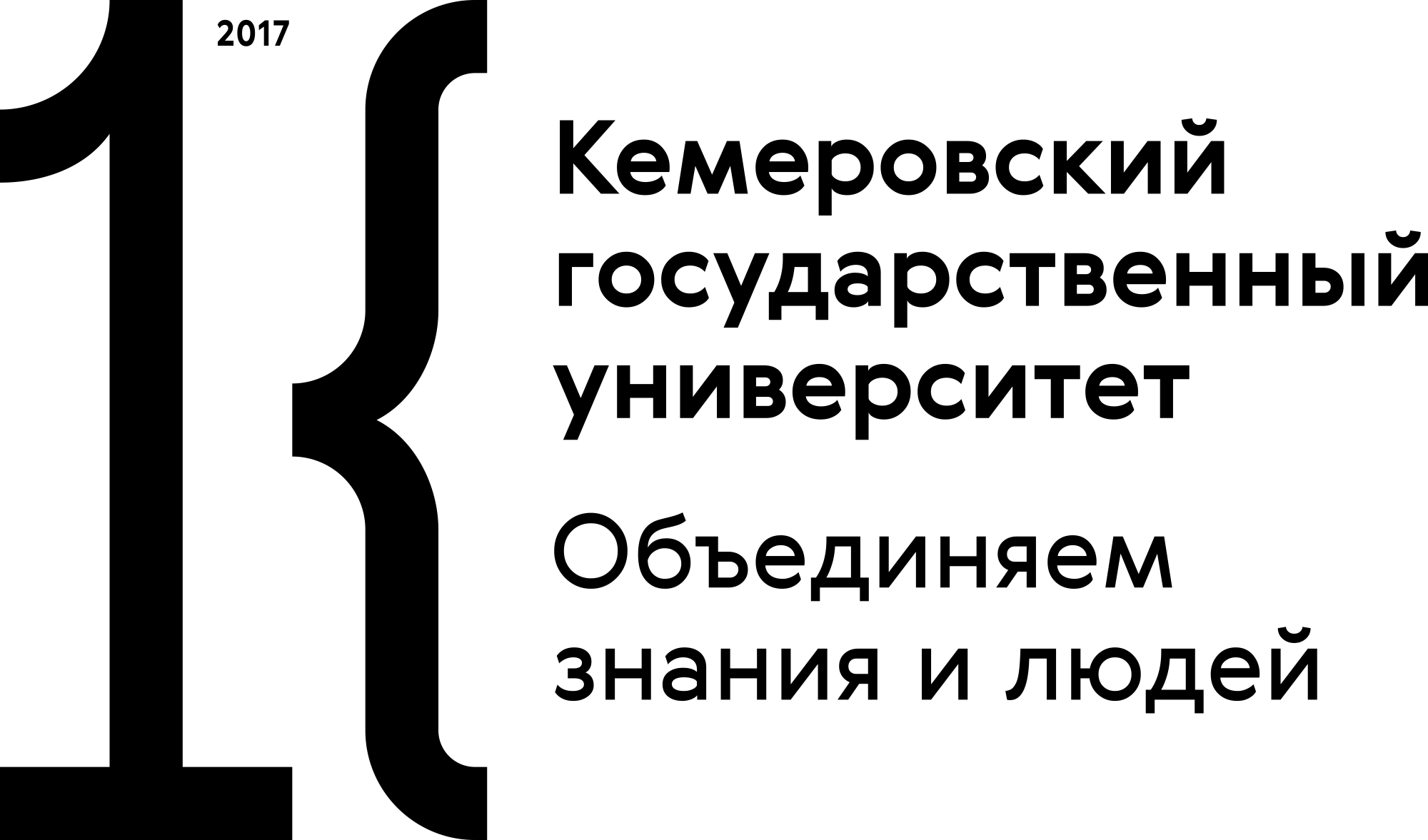Ekaterinburg, Russian Federation
Ekaterinburg, Russian Federation
UDC 32
The paper features the specifics of Ukrainian party system that formed after the collapse of the USSR. The research objective was to determine the vector of its development. The party system is considered as a political institute with the potential to stabilize the political system in the context of the evolution of Ukrainian statehood. The authors determined factors that influenced the formation of the Ukrainian party system: the transformation of the electoral system, the tightening of legislation on parties, and the change in the balance of power in the political arena. The research helped to identify the following signs of the Ukrainian party system: relative autonomy, closed character, stability, three-level structure (the state level, the regional level, and the local level). The comparative-historical method was used to highlight the stages of the evolution of the Ukrainian party system and its specifics. The functional method was used to determine the role of the party system in political processes. According to N. Luman’s structural-functional method, the main features of the Ukrainian party system can be described as a set of elements with the ability to maintain stability in the context of events that are taking place in the Ukraine political arena. The case-study method was used to study the features of the party system that formed in the context of the evolution of Ukrainian statehood, including such events as political crises and color revolution. The authors came to the conclusion that the Ukrainian party system has fully developed, but there are no prerequisites for its development within the framework of democratic pluralism. The study determined the prospects for democratic transit of the Ukrainian party system and its formation on the basis of political pluralism.
multi-party system, support of the electorate, democratic transit, political system, party competition
1. Anisimova I. V. Provisional government policy in the in the "national Question" Solution: the approaches and methods of implementation of the regional options. Izvestiya of Altai State University Journal, 2016, (2): 15-20. (In Russ.) DOI:https://doi.org/10.14258/izvasu(2016)2-01
2. Borisov N. A. Constitutional alternatives in Ukraine: back to the future? Politics and Society, 2010, (12): 47-57. (In Russ).
3. Kakitelashvili M. M. Monitoring legal models of multi-party systems in the CIS member states. Monitoring of Law Enforcement Journal, 2019, (1): 16-24. (In Russ.)
4. Kostyuk R. V., Koretsky A. O. Radical left of Europe and Russia. Beginning of the XXI century. Klio, 2015, (10): 155-164. (In Russ.)
5. Lyubarev A. E., Shalaev N. E. Vote splitting in mixed electoral systems: attempt of a comprehensive research. Sociodynamics, 2015, (8): 125-186. (In Russ.) DOI:https://doi.org/10.7256/2409-7144.2015.8.16076
6. Mazur O. G. Political elite recruitment in modern Ukraine. Vestnik Severnogo (Arkticheskogo) federal'nogo universiteta. Ser.: Gumanitarnye i sotsial'nye nauki, 2015, (2): 48-57. (In Russ.)
7. Molodtsov O. V. Conditions of implementation of asymmetric decentralization in Ukraine. Publіc management, 2019, (1): 128-139. DOI:https://doi.org/10.32689/2617-2224-2019-16-1-128-13
8. Prylipko S. M. History of becoming and development of cooperati ve movement in Ukraine at the end of XIX - at the beginning of XX centuries. Publіc management, 2019, (2): 238-249.
9. Filatov B. A. Political doctrine of contemporary patriotism: significance for institutional transformation. Gileia: nauk. visn., 2016, (107): 392-397. (In Ukr.)
10. Fesenko V. Strength and weakness of party system in Ukraine. Political science, 2006, (1): 214-242. (In Russ.)
11. Ragozin N. P. Development of the Ukraine's party system. Polis. Politicheskie issledovaniia, 2004, (1): 89-100. (In Russ.)
12. Chernyshov S. I., Amiantov A. A. Party system of Ukraine. Voprosy politologii, 2013, (4): 132-146. (In Russ.)
13. Leshukov V. S. Transformation of the party systems of Russia and Ukraine in 1991-2011 (comparative analysis). Cand. Polit. Sci. Diss. Abstr. Saratov, 2012, 23. (In Russ.)
14. Pashkovsky E. A. The mechanisms of formation of party systems in the conditions of transformation of society (the cases of Poland and Ukraine). Cand. Polit. Sci. Diss. Abstr. St. Petersburg, 2016, 24. (In Russ.)
15. Pashkovsky E. A. Transformation of the Ukraine party system in 2012-2014. Izvestiya Rossiyskogo gosudarstvennogo pedagogicheskogo universiteta im. A. I. Gertsena, 2014, (172): 156-160. (In Russ.)
16. Akmatalieva A. M. "Color revolutions" and parliamentarism in the context of the processes of democratization in the post-Soviet space. Comparative Politics Russia, 2013, 4(1): 36-39. (In Russ.)
17. Korgunyuk Yu. G., Trofimova I. N., Irkhin Y. V., Belinsky A. V., Grishina A. M., Borisov N. A. Institutional innovations in the party systems of foreign countries. Political Conceptology: Journal of Metadisciplinary Research, 2018, (3): 180-212. (In Russ.)
18. Sherbac A. N. Coalition politics and defragmentation of party system: a comparative analysis (the cases of Poland, Russia, and Ukraine). Obshchestvennye nauki i sovremennost', 2003, (4): 47-53. (In Russ.)
19. Artyuh Y. I. Evolution of Ukraine and western Balkans party systems: comparative analysis. Vіsnik Odes'kogo natsіonal'nogo unіversitetu. Sotsіologіia і polіtichnі nauki, 2011, 16(8): 167-173.
20. Luhmann N. Introduction to systems theory. N. Y.: Polity, 2007, 456.
21. Kasyanov G. Ukraine in 1991-2007: essays in recent history. Kiev: Novoe vremia, 2008, 361. (In Russ).
22. Wolczuk R., Wolczuk K. Soft is Beautiful…! Ukraine’s Approach to Regional Integration. Ukraine Twenty Years After Independence. Rome: Aracne, 2015, 27-38.
23. Eslund A. How Ukraine Became a Market Economy and Democracy. N. Y.: Columbia University Press, 2009, 242.
24. Muhametov R. S. Evolution of Russian-Ukrainian relations. Izvestiia Ural'skogo federal'nogo universiteta. Ser. 3, Obshhestvennye nauki, 2016, 11(1): 109-115. (In Russ.)
25. Fedorenko K., Rybiy O., Umland A. The Ukrainian party system before and after the 2013-2014 euromaidan. Europe-Asia Studies, 2016, 68(4): 609-630.
26. Minakov M. Changing Civil Society after Maidan. Academia.edu. 30.11.2014. Available at: https://www.academia.edu/9050237/Changing_Civil_Society_after_Maidan_-_2014 (accessed 19.01.2019).

















